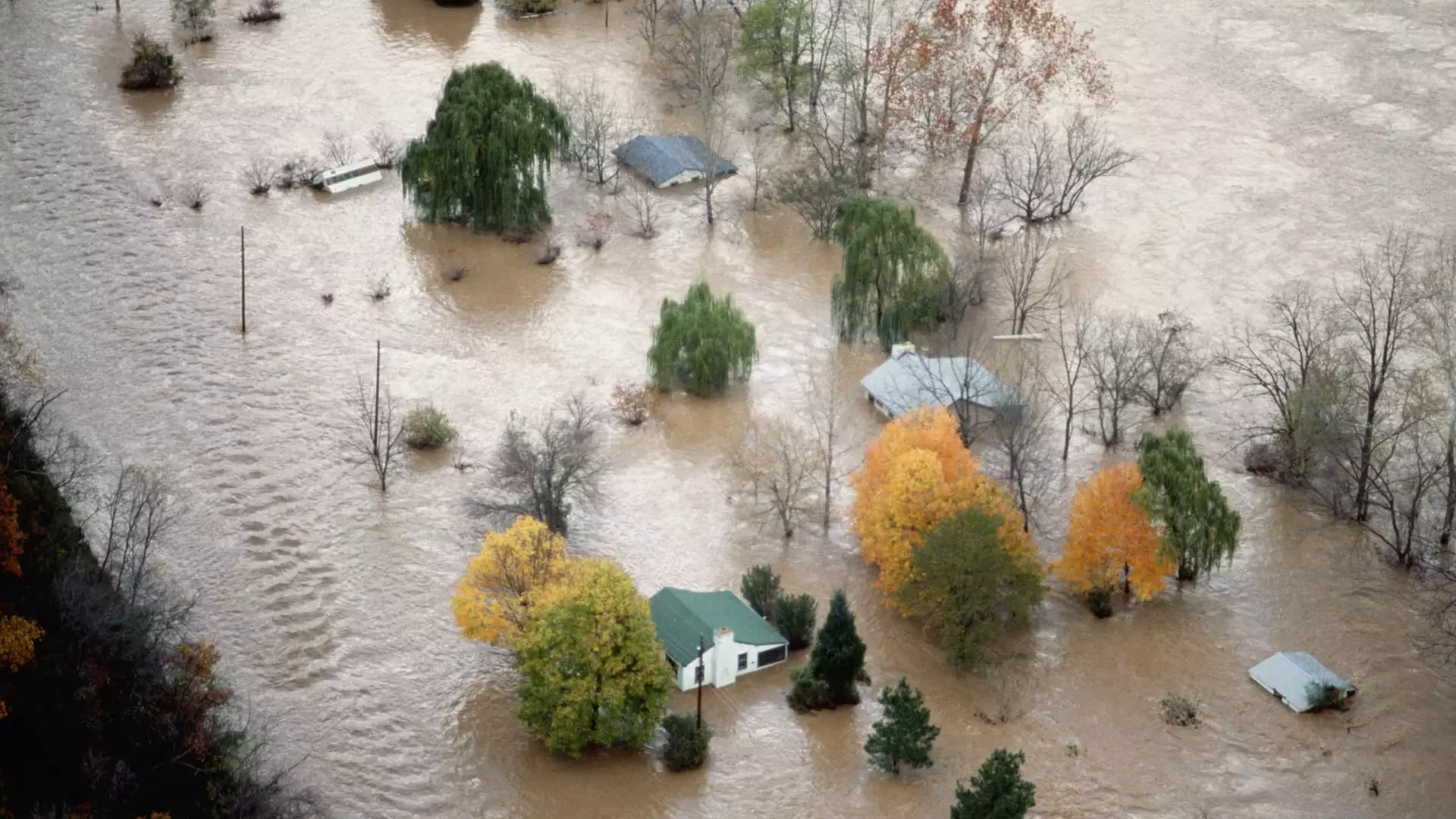Floodplain buyouts, facilitated by FEMA’s Hazard Mitigation Grant Program, have been instrumental in assisting homeowners who have experienced devastating flooding in their properties. By purchasing damaged homes and converting the land into open space or flood collection areas, communities can potentially mitigate the impact of future flooding events. This not only benefits individual homeowners by providing them with the opportunity to move out of harm’s way but also serves the larger community by reducing the risk of flooding for neighboring properties.
Despite the positive aspects of floodplain buyouts, experts have raised concerns about the potential drawbacks of this strategy. One of the primary issues is the financial burden placed on local governments, which are required to contribute 25% of the buyout funding. In some cases, communities may be hesitant to take on the legal liability associated with owning deeded land, leading to challenges in managing and maintaining the acquired properties. Additionally, without full participation from homeowners, floodplain buyouts can result in problems such as blight, community fragmentation, and difficulty in restoring the floodplain to its natural state.
While floodplain buyouts offer a viable solution for individuals looking to relocate from flood-prone areas, the process can be lengthy and time-consuming. On average, federal buyouts take between two to five years to be completed, with some cases experiencing delays due to various factors, such as the COVID-19 pandemic. This extended timeline can be challenging for homeowners who are dealing with the aftermath of flooding and are eager to make decisions regarding rebuilding or relocating.
In the context of the current housing shortage in the United States, the issue of floodplain buyouts becomes even more complex. With a shortage of at least 7.2 million homes, there is a pressing need to address affordability and availability of housing while also considering the effects of climate change. As Carlos Martín, director of the Remodeling Futures Program at the Joint Center for Housing Studies of Harvard University, points out, finding a balance between providing adequate housing for the population and ensuring safety from natural disasters is crucial.
FEMA’s floodplain buyouts offer both advantages and challenges for homeowners and communities dealing with the impacts of flooding. While these buyouts provide a way for individuals to move out of harm’s way and create opportunities for flood mitigation, they also come with financial, logistical, and societal implications that must be carefully considered. Moving forward, it is essential to continue investing in strategies that protect vulnerable communities from the effects of climate change while also addressing the broader housing needs of the population.


Leave a Reply